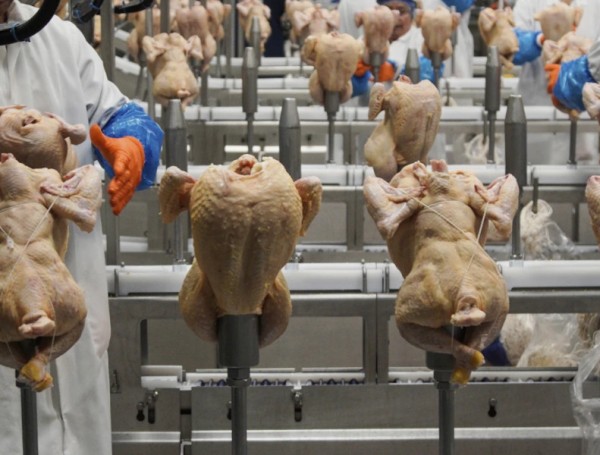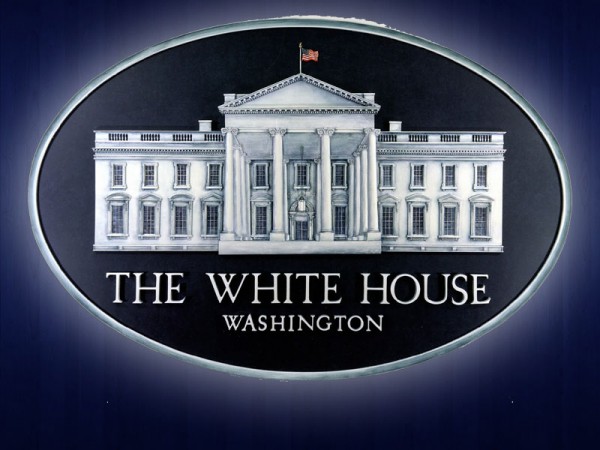MILAN (AP) — Global sales of personal luxury goods are forecast to shrink in 2025 for the first time since the Great Recession, according to a Bain consultancy study released Wednesday. The outlook could worsen if the sector is hit by tariffs promised by Donald Trump.
“This could be a nightmare if implemented,’’ Claudia D’Arpizio, co-author of the study for Italy’s Altagamma association of luxury producers, told The Associated Press. “European brands could end up being super expensive in an already expensive environment.’'
Trump has pledged tariffs of up to 20% on imports, saying it would create factory jobs, shrink the federal deficit and lower food prices.
While the study did not address the possible impact of tariffs, D’Arpizio said the impact on European luxury producers would depend on how the tariffs are implemented on the category, if at all. She noted that a dearth of American luxury substitutes may lead to an exemption.
Any negative impact could also be offset by moving production to the United States, or by higher sales to U.S. tourists in Europe.
The United States is the second-largest luxury market, following Europe, worth about 100 billion euros ($106 billion), or nearly one-third of all global high-end sales of apparel, leather goods and footwear.
Sales of luxury goods are forecast to drop by 2% to 363 billion euros ($385 billion) next year, from an expected 369 billion euros in 2024, due to steep price increases imposed by brands and global turmoil, Bain said.
The sector made a speedy rebound from the COVID-19 pandemic, surpassing 2019 sales by 2022, largely thanks to pent-up spending that was delayed by lockdowns. Even next year's modest dip would leave the market 28% higher than it was in 2019, and two-and-a-half times larger than the Great Recession lows in 2008.
Social and political turbulence, including wars and a slate of national elections, have eroded consumer confidence, D’Arpizio said. In addition, brands’ strategy to increase prices while focusing on more “subtle luxury” often lacking novelty has “brought a strong negative impact on the willingness to buy,’’ even among wealthy consumers, she said.
The creativity crisis is also alienating Gen-Z shoppers, many now in their 20s, the study found.
The result is the luxury market has shrunk by 50 million customers, to an estimated 250 million to 360 million, as the luxury base shrinks for the first time.
“We have 50 million fewer customers either because they can’t afford to shop, or they don’t want to because they don’t feel there is enough juice,’’ D’Arpizio said.


















